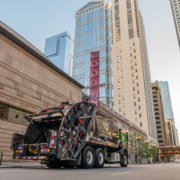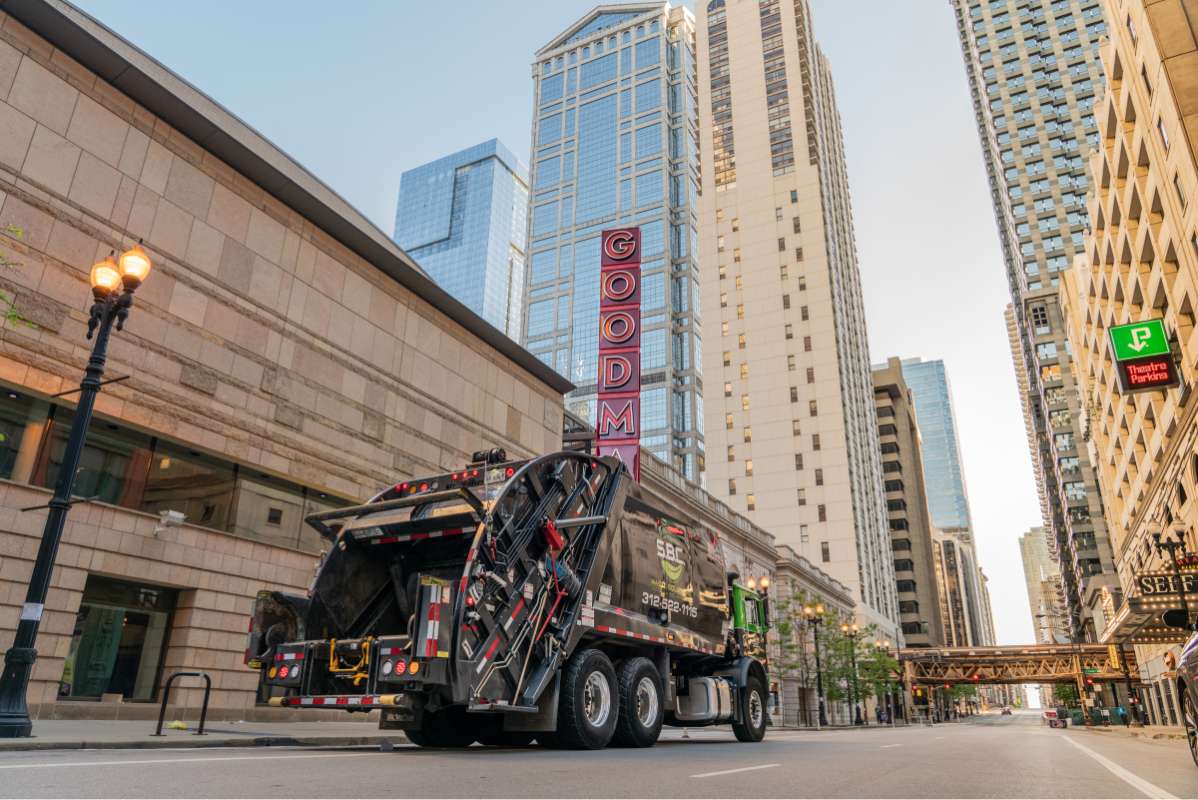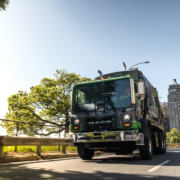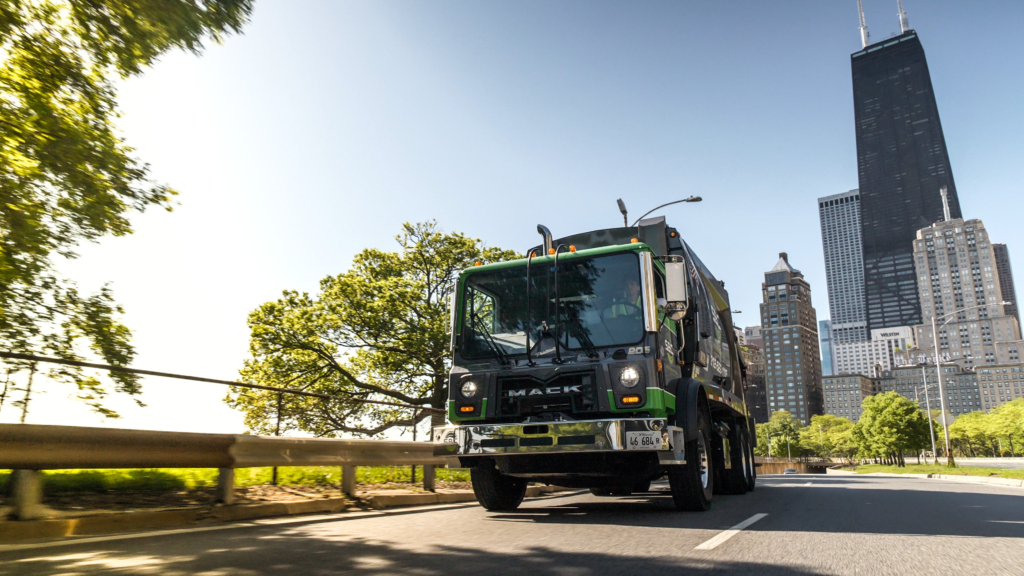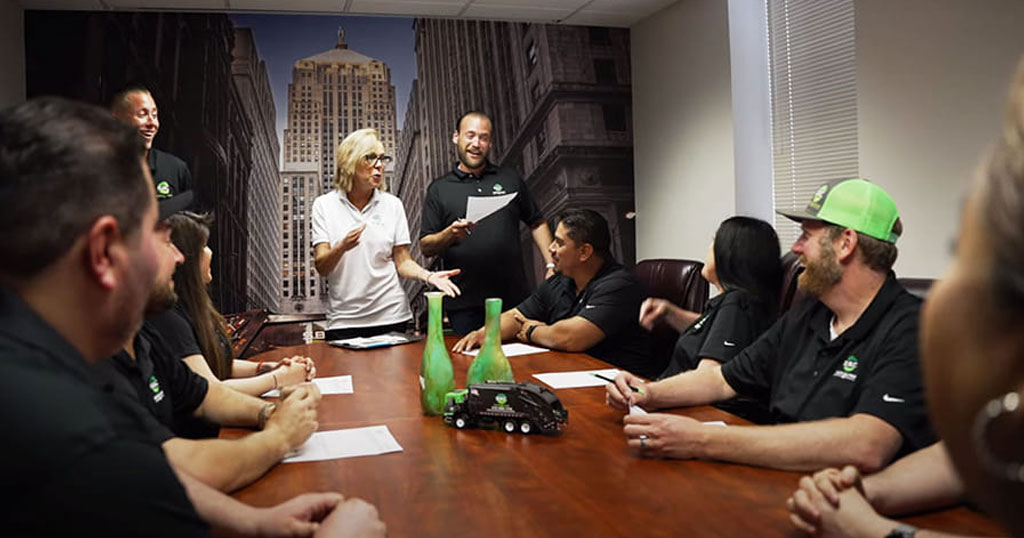Understanding the Importance of Proper Waste Disposal
The Essential Role of Waste Disposal in Our World
In an era defined by rapid technological advancement and urbanization, waste generation has reached unprecedented levels. From bustling households to sprawling industrial complexes, the accumulation of waste is a pressing global issue that affects us all. Efficient waste management is not merely a choice; it is an urgent necessity to safeguard our environment and the communities we hold dear. This article will illuminate the critical importance of responsible waste disposal, exploring its impacts on nature, public health, and economies, while providing actionable insights on how each of us can contribute to a cleaner, greener planet.
Environmental Impact: Protecting Our Ecosystems from Waste
Improper waste disposal acts as a silent threat to ecosystems worldwide. Carelessly discarded trash often infiltrates natural habitats, wreaking havoc on soil and waterways as harmful chemicals seep into the ground and water supplies. This pollution poses severe risks to wildlife, with many species facing endangerment due to habitat destruction and ingestion of toxic materials. However, through effective waste management practices, we can significantly reduce our carbon footprint and protect these vital ecosystems.
Countries like Sweden are leading the charge in innovative waste management strategies, converting nearly all of their trash into energy and drastically reducing reliance on landfills. These efforts demonstrate that with proper disposal practices, we can lessen greenhouse gas emissions generated from decomposing waste and foster a healthier planet.
Swiss-based SBC Waste Solutions exemplifies this trend, utilizing cutting-edge technology to transform waste into renewable energy, thus mitigating environmental damage and conserving resources for future generations.

Waste Disposal Services
Health Implications: Safeguarding Public Health
The link between waste disposal and public health is direct and significant, impacting communities in profound ways. Unmanaged waste serves as a breeding ground for diseases, attracting pests such as rodents and insects that facilitate the spread of infections. For instance, areas with littered streets often see higher populations of disease-carrying animals, which can lead to outbreaks of illnesses such as dengue fever and leptospirosis. In urban areas particularly challenged by poor waste management, the risk of disease outbreaks is notably higher, as the proximity of waste to living spaces exacerbates health risks.
Furthermore, the toxins and chemicals found in the waste can pollute both the air and water, leading to serious respiratory issues, gastrointestinal problems, and other health complications among residents. This pollution is not only an immediate concern but can also have long-term effects on the health of communities, particularly affecting vulnerable populations such as children and the elderly.
Implementing proper waste disposal practices is crucial for maintaining hygiene and preventing the spread of diseases. Effective waste management systems—such as regular collection, recycling programs, and public education campaigns—are essential in mitigating these health risks. Countries like Singapore have showcased remarkable improvements in public health through stringent waste policies, resulting in cleaner environments and healthier populations. In Singapore, for instance, the government has invested in advanced waste management technologies and has actively engaged the public in sustainability efforts, leading to significant reductions in waste and pollution.
By prioritizing responsible waste management, we can protect public health and create safer living conditions for all. This not only enhances the quality of life for individuals but also contributes to the overall well-being of communities, fostering a healthier, more sustainable future for generations to come.
Economic Benefits: Unlocking Value in Waste Management
The implications of improper waste disposal extend far beyond environmental and health concerns; they also have significant repercussions on economies around the globe. Governments worldwide allocate billions of dollars annually to waste cleanup and healthcare costs associated with poor waste management practices, reflecting the urgent need for effective solutions. This ongoing challenge presents a unique opportunity for economic growth and innovation that can benefit communities and industries alike.
The waste management sector is ripe with potential for job creation and revenue generation, particularly in the recycling and disposal industries. Recycling alone generates substantial economic benefits, with the industry in the United States providing over 1.1 million jobs and contributing significantly to the national economy. By investing in recycling programs and advanced technologies, we can further amplify these benefits, creating additional employment opportunities and fostering a circular economy. By turning waste into wealth, not only can we save public funds, but we can also create sustainable economic opportunities for communities that need them most.
SBC Waste Solutions has been at the forefront of this transformative movement, pioneering sustainable waste management practices that not only conserve natural resources but also drive economic growth through innovative waste-to-energy technologies. By converting waste into valuable energy sources, SBC Waste Solutions is helping to reduce landfill dependency while simultaneously generating clean energy and creating jobs. Their commitment to developing cutting-edge solutions underscores the potential for the waste management sector to lead the way in creating a more sustainable and prosperous future. Together, by addressing waste management challenges, we can pave the way for a thriving economy that prioritizes both environmental stewardship and community well-being.
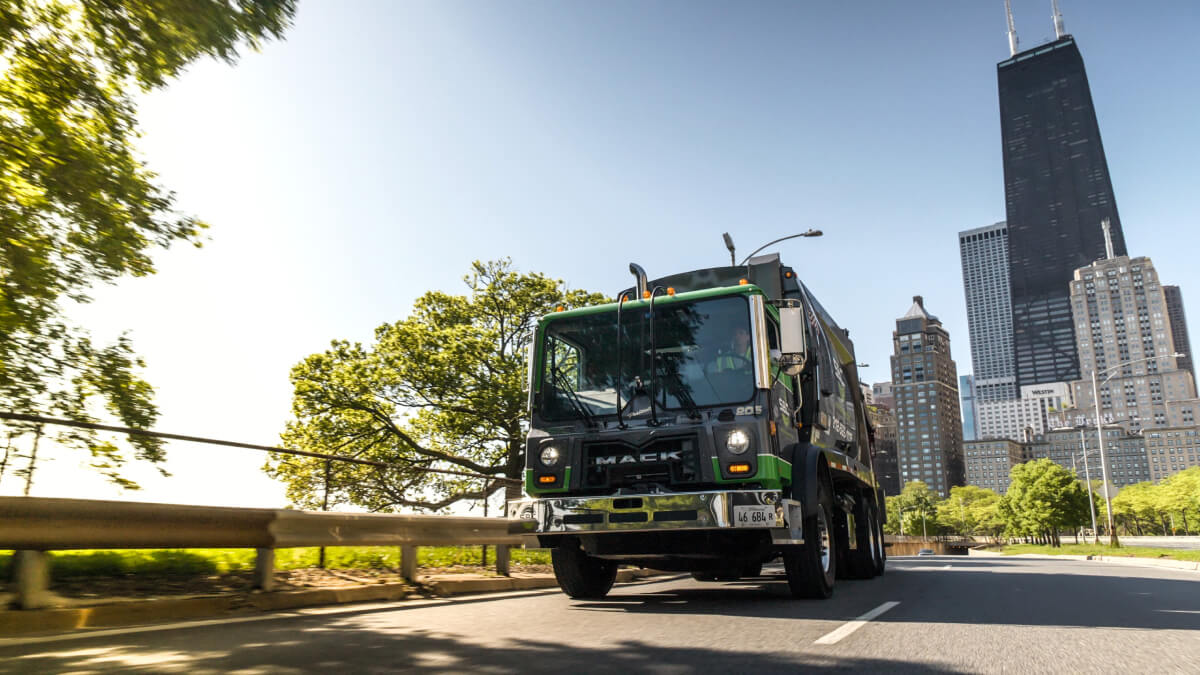
Benefits of Waste Management
Community Responsibility: Our Role in Effective Waste Management
Waste management is a global issue that affects every corner of our planet. But it’s not just up to governments and corporations to find solutions—it’s up to each of us. Every individual can contribute to a healthier environment by adopting mindful waste disposal habits such as reducing, reusing, and recycling.
Imagine a world where neighborhoods actively participate in waste management programs and community initiatives. This isn’t just a fantasy—it’s a reality for some communities worldwide. When everyone pitches in, the result is not only cleaner streets but also stronger community bonds. The power of collective action cannot be overstated; when a community comes together, remarkable transformations happen.
Education is the backbone of this movement. By equipping citizens with the knowledge to make informed and waste-conscious decisions, we can collectively steer society toward sustainable living. Everyone from children learning about recycling at school to adults attending local workshops can benefit from understanding the impact of their waste-related choices.
One shining example of effective community-driven waste management is SBC Waste Solutions. This organization champions the idea that waste management is not a solitary task but a community responsibility. Through their initiatives, SBC Waste Solutions empowers individuals and communities with the tools and knowledge needed to manage waste responsibly. They offer practical solutions and educational programs designed to foster a culture of sustainability.
Participating in such initiatives not only benefits the environment but also strengthens the fabric of the community. When we work together towards a common goal, we create connections that transcend waste management, leading to a more cohesive and vibrant community.
Let’s take a proactive stance in waste management and join forces with organizations like SBC Waste Solutions. Together, we can make a significant difference, one piece of waste at a time. Remember, every small action counts towards creating a cleaner, more sustainable world.
Waste Management Services by SBC Waste Solutions
Navigating the world of waste disposal can be challenging, but with SBC Waste Solutions by your side, you have access to a wide array of services designed to meet your every need efficiently and responsibly. Our commitment is to provide top-tier waste management solutions that not only simplify your processes but also contribute to a healthier environment.
Why Choose SBC Waste Solutions?
At SBC Waste Solutions, we understand that effective waste management is crucial for both businesses and individuals striving for sustainability and compliance. Our team of experts works tirelessly to tailor solutions that align with your specific requirements, ensuring a seamless and eco-friendly waste disposal experience.
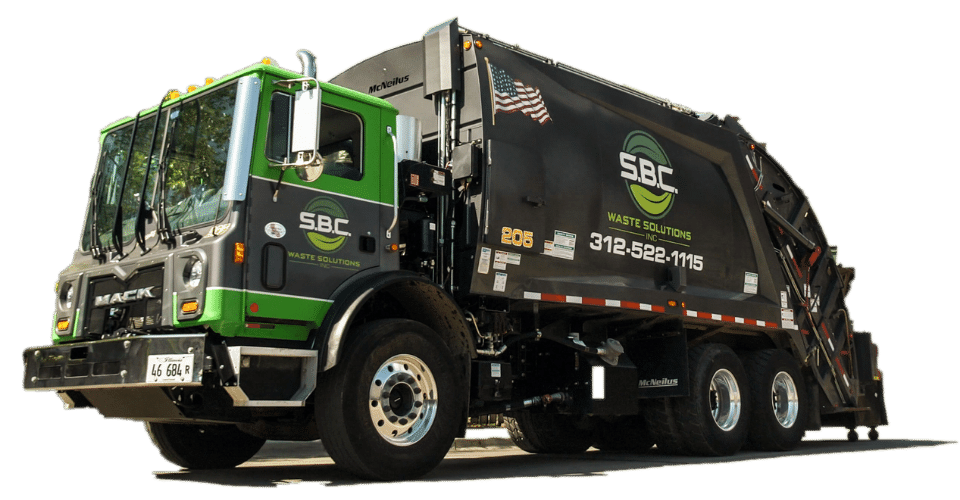
Trash Pick-Up Service
Our Services Include:
Residential Waste Collection
- Say goodbye to clutter and hello to clean spaces. We offer convenient and reliable residential waste collection services that keep your home environment tidy and safe.
Commercial Waste Management
- Tailored for businesses of all sizes, our commercial waste services ensure that your operations run smoothly with minimal disruption. From offices to retail outlets, we handle it all.
Recycling Solutions
- Recycling is a critical component of sustainability, and we make it easy for you to participate. Our comprehensive recycling services cover a range of materials, helping you minimize your environmental impact.
Industrial Waste Disposal
- For industries generating large volumes of waste, our industrial waste disposal services are designed to manage complex requirements while adhering to strict regulations.
Hazardous Waste Management
- Safety is paramount when dealing with hazardous waste. Our specialized services are equipped to handle and dispose of all hazardous materials following local and federal guidelines.
Construction and Demolition Debris Removal
- Construction projects can generate significant waste. We offer efficient debris removal services to keep your site clean and on schedule.
Our Commitment to Sustainability
SBC Waste Solutions is not just about disposing of waste; it’s about creating a sustainable future. We continuously invest in the latest technologies and practices to enhance our service delivery and reduce our carbon footprint. By choosing us, you’re making a conscious decision to support environmental stewardship.
Conclusion
In conclusion, effective waste management is a cornerstone of sustainable living and community well-being. As we have explored, the responsibility falls on each of us to adopt environmentally conscious practices and participate in local initiatives. By collaborating with organizations like SBC Waste Solutions, we can leverage their expertise to foster a culture of sustainability that transcends individual effort. The integration of recycling, responsible disposal, and community involvement creates not only a cleaner environment but also strengthens the bonds within our communities. Together, we have the power to transform the landscape of waste management, turning challenges into opportunities for a brighter, greener future. Every action, no matter how small, contributes to the larger goal of ensuring a healthier planet for generations to come.
https://www.google.com/maps?cid=4180240075447051620


